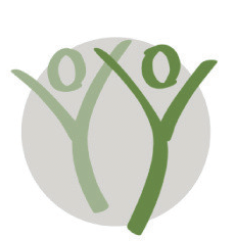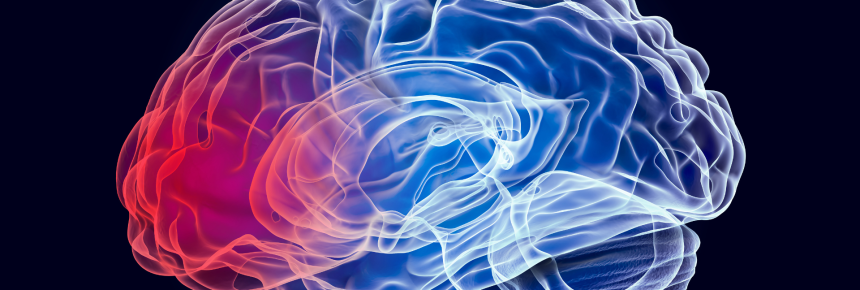By: Poppie Human
I often get the question of why physiotherapy would be involved in a concussion. Concussions are brain injuries and physiotherapists work with muscles and bones.
In recent years, the topic “concussions” has been getting a lot of media attention and the research in the concussion world moves fast. It wasn’t long ago that the treatment for a person with concussion was to sit in a quiet, dark room until symptoms completely resolved. When the person finally emerged from the dark room, their senses would get completely overwhelmed: everything was bright, loud, and just all too much, talk about the Dark Ages!
There are many MYTHS that need to be busted regarding concussions:
- You DO NOT need to lose consciousness to have a concussion.
- Helmets DO NOT prevent a concussion.
- CT and MRI scans DO NOT diagnose concussions.
- Concussions are NOT more common in boys.
- Concussion is NOT only a cognitive problem.
The most recent research has defined concussion as a trauma-induced change in mental state that may or may not involve a loss of consciousness.
How do people then get a concussion?
– A direct blow to the head
– Whiplash from a car accident or fall
– Gender-based violence
– Any blow to any part of the torso where there is acceleration and deceleration of the head on the body
There is no such thing as a mild concussion. Concussions are no longer defined as mild or severe. It is more defined in the domains that it affects the person.
These are areas that could be affected by a concussion and are important in the rehabilitation process:
1. Ocular/Visual:
How your brain is processing visual information as well as how your eyes are moving. Problems with this system could cause blurry vision, difficulty reading or missing objects as you reach for them.
2. Vestibular:
How your brain senses your movement and balance. Problems with this system can cause dizziness, vertigo and imbalance.
3. Cardiovascular/autonomic:
Your brain is responsible for regulating heart rate and blood pressure and how you respond to changes in posture. Problems with this system may cause elevated heart rate, inability to tolerate exercise, or lightheadedness when standing up.
4. Anxiety/mood:
Irritability and anxiety are frequently seen in patients after they have had a concussion. Often these symptoms may resolve as the brain heals, but patients would need treatment should this persist.
5. Cognitive/fatigue:
Difficulty thinking, multi-tasking, remembering items and words and navigating spaces are all common complaints after a concussion. This could be secondary to other problems from the concussion but could also be a whole problem on its own.
6. Headache/migraines:
One of the most common symptoms after a concussion.
7. Neck pain
This pain can also cause problems in other areas for example headaches. This will need treatment.
8. Sleep
Sleep may often be altered after a concussion. People may either have too little sleep or too much sleep. Sleep hygiene is important for healing the brain and this can influence/exacerbate other symptoms.
The good news is that most concussions do resolve within 14-21 days. However, treatment is needed for those who have persistent symptoms.
Physiotherapy can influence the treatment of all the 8 symptom domains that concussions affect.
If you need more information on concussions and the treatment thereof. Give us a call at 031-768-8266.

